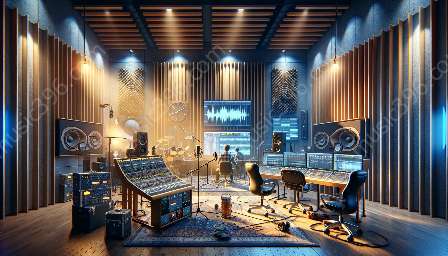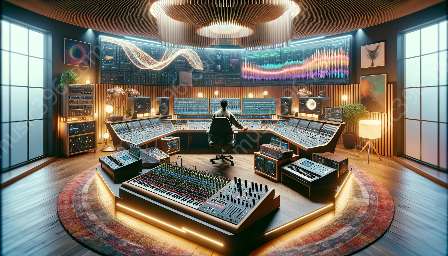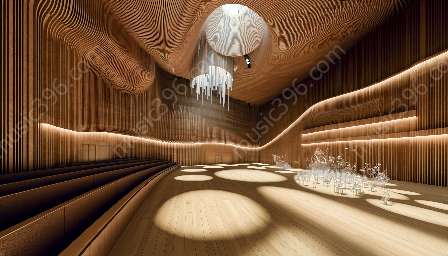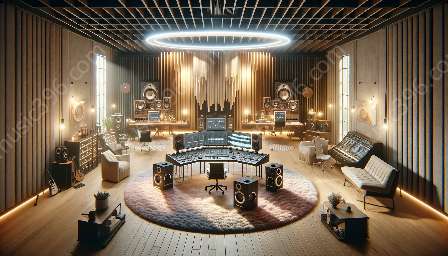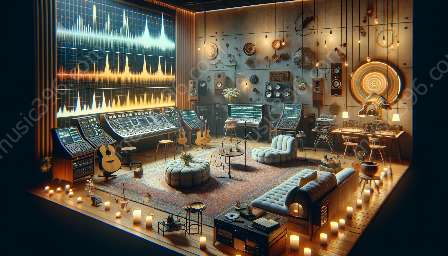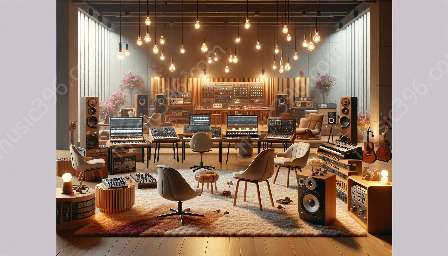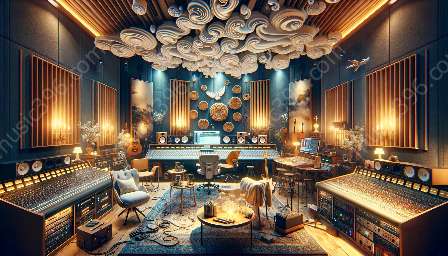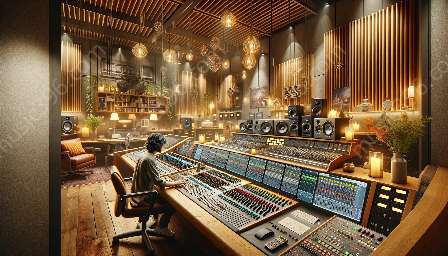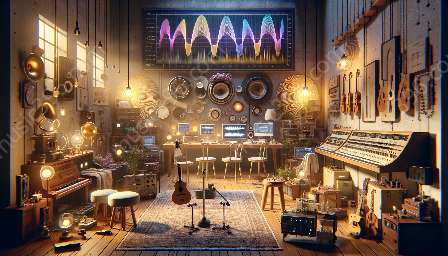When it comes to achieving high-quality recordings in a studio setting, sound isolation plays a crucial role. Sound isolation refers to the process of minimizing the transmission of sound from one area to another, and it is an essential aspect of creating a controlled acoustic environment for recording.
The Importance of Sound Isolation
Sound isolation is critical in a studio setting for several reasons. Firstly, it helps to prevent outside noise from entering the recording space, ensuring that the recorded audio remains free from unwanted environmental sounds. Additionally, sound isolation also prevents sound from the recording space from leaking into adjacent areas, which is important when multiple recordings are taking place simultaneously in different rooms within the studio.
Furthermore, sound isolation contributes to a more accurate and precise recording process by minimizing acoustic interference and reflections, allowing for greater control over the captured sound. This is particularly crucial in musical acoustics, where the faithful reproduction of instruments and vocals is of utmost importance.
Acoustics in Sound Recording
Acoustics plays a fundamental role in sound recording, and sound isolation is a key component of creating favorable acoustic conditions. The science of acoustics focuses on the study of sound and its behavior in various environments, and in the context of sound recording, it is essential for creating an optimal recording space.
Studio design and construction take acoustics into account, with an emphasis on creating a balanced and controlled sound environment. This includes the proper placement of acoustic treatment materials, such as diffusers and absorbers, to manage sound reflections and reverberations within the studio space. Sound isolation is an integral part of this process, as it helps to maintain the integrity of the designed acoustic environment by preventing external disturbances from affecting the recording.
Musical Acoustics
Musical acoustics delves into the scientific study of music and the properties of sound as they relate to musical instruments, vocal production, and performance spaces. In the context of achieving high-quality recordings, an understanding of musical acoustics is essential for creating a studio environment that accurately captures the nuances of musical performances.
Sound isolation contributes to the fidelity of musical recordings by ensuring that the sound of each instrument or voice is captured without interference from external sources. This is crucial in preserving the tonal quality and timbre of musical instruments and vocals, allowing for a true representation of the original sound.
Conclusion
Sound isolation is a vital component in achieving high-quality recordings in a studio setting. It facilitates the creation of a controlled acoustic environment, preventing external noise from interfering with the recording process and maintaining the integrity of the designed acoustic space. By understanding the role of sound isolation in the context of acoustics in sound recording and musical acoustics, recording engineers and musicians can further enhance the quality and authenticity of their recorded performances.






